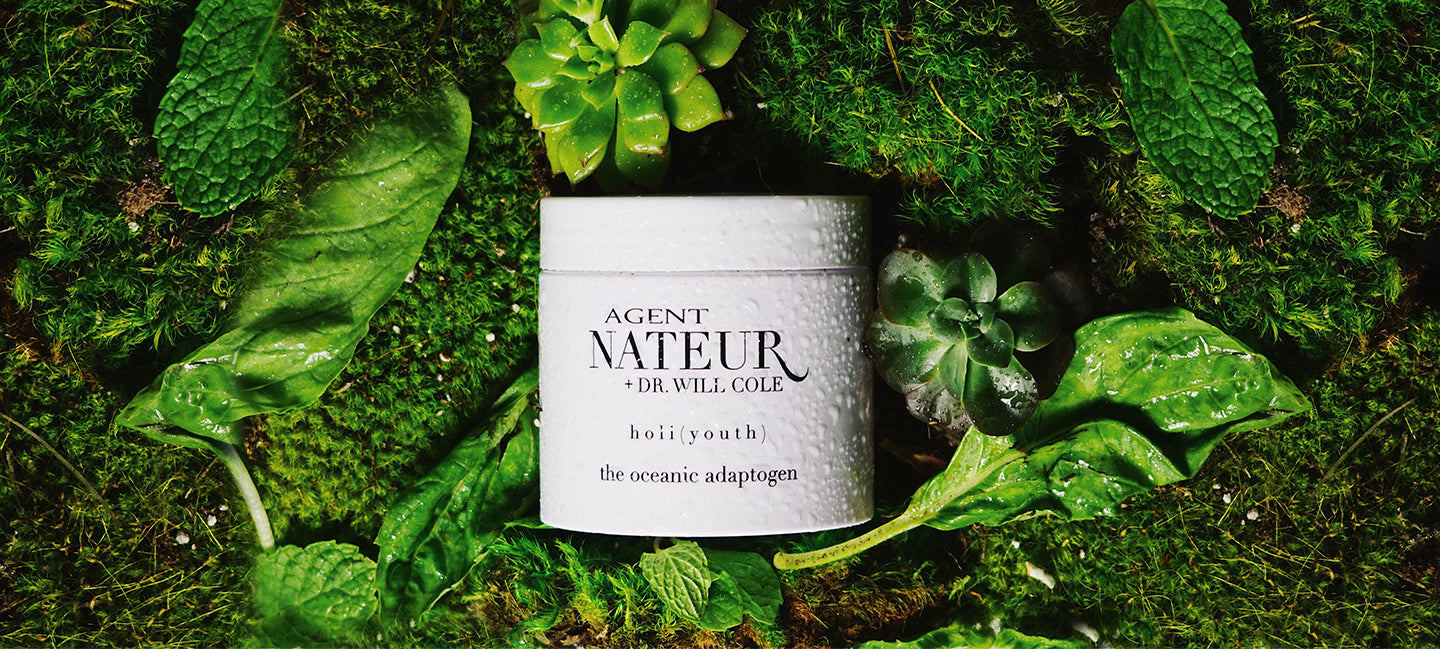Immunity adaptogens

Adaptogens are plant compounds that have the unique ability to support homeostasis within the body. For example, if you’re low in energy and vitality, they can provide a much needed boost, but if you’re feeling overstimulated, they can have a calming effect.
Research has found that adaptogens work through two master control systems, the HPA axis (hypothalamic/pituitary/adrenal axis) and the SAS, or sympatho-adrenal system. The HPA controls endocrine function, the nervous system and some immune function, while the SAS controls our fight and flight response.
It has recently been discovered that adaptogens also work on a cellular level to prevent cortisol induced mitochondrial dysfunction. Mitochondria are the power generators of the cell and when they aren’t able to function properly, conditions such as chronic fatigue syndrome can set in. Adaptogens keep mitochondria functioning even when we are under chronic stress by up-regulating particular proteins and peptides within the body.
In order for something to be considered an adaptogen, it must be non-toxic, non-specific and have a physiological effect. While all adaptogens help to balance the body, each have their own added unique benefits. In fact, some adaptogens are especially well known for strengthening the immune system.
Here are six adaptogens that pack some serious punch when it comes to boosting the immune system.
Ashwagandha
The medicinal herb’s powerful immune boosting properties help to boost white blood cell count and prepare the body to produce antigens to fight against infections and allergies. Studies show that ashwagandha not only balances the immune system, but also reduces stress, inflammation, and possesses antitumor and rejuvenating properties.
Astragalus
Astragalus is a potent herb that’s been used in traditional Chinese medicine for centuries. In TCM, it’s considered a master immune herb and is well known for fighting bacterial and viral infections. It increases the efficiency of virtually every element of the immune system and when taken daily, it helps to increase the count of white blood cells and stimulate the production of antibodies, which triggers immune cells to “wake up” from a resting phase.
In a study on the combination of astragalus, echinacea, and licorice herbal tincture, immune cells were stimulated within 24 hours of consumption and stayed elevated for the following 7 days. Test tube studies have also found that astragalus extract activates the immune response in macrophages.
Read more about astragalus here.
Chaga
Chaga is an extremely powerful pre-mushroom growth that’s packed with antioxidants and healing properties. It’s one of the best sources of betulinic acid which is known to kill cancer cells on contact. Research has shown its particularly helpful for colon, stomach, endometrial, lung, breast and prostate cancer. In fact, a 2016 study of mice with cancer, showed that chaga supplements reduced tumor size by 60%.
Chaga is rich in beta-glucans which can dramatically strengthen the immune system. A 2005 study of chaga in the form of water extract showed that it stimulated white blood cells and anti-inflammatory cytokines, while inhibiting the production of inflammatory cytokines.
Chaga also contains the highest level of superoxide dismutase (SOD) in the world. SOD is a powerful antioxidant enzyme that promotes the breakdown of free radicals and plays a critical role in reducing oxidative stress caused by life threatening diseases.
Its adaptogenic properties help to strengthen the liver and adrenals as well as balance the entire endocrine system. The phytochemical compounds found in chaga also gently detoxify the liver and break down and dissolve biofilm (a jelly like substance that’s a by-product of certain viruses and fungi).
Holy Basil
Considered to be the “Queen of Herbs” in India, Holy basil (also known as tulsi) has antiviral, antibacterial, antifungal, germicidal and disinfectant properties. In a 2011 study, holy basil was found to be an immunomodulator, meaning that it improves the functioning of the immune system. In studies on humans, holy basil’s immunomodulatory effects demonstrated significant increases in levels of helpful antibodies.
Holy basil also helps to relieve stress by regulating cortisol levels, which directly impacts the immune system. Holy basil’s unique properties help the body to cope with physical, infectious, chemical, metabolic and psychological stress.
Our holi (youth) Oceanic Adaptogen contains holy basil, along with nutrient rich spirulina, beautifying and calming pearl powder, and marine collagen.
Licorice Root
Licorice root is a potent antiviral. It’s phytochemicals and anti-viral properties can stop a virus from procreating, while at the same time push the virus out of the body. In a study on isoliquiritigenin (ILG), one of the main compounds in licorice root, ILG was shown to inhibit influenza virus replication and inflammatory cytokines. In another study, an active component called glycyrrhizin, was used to block the replication of SARS-associated coronavirus.
Licorice root is also one of the most powerful adaptogens for restoring the adrenal glands. While other adaptogens support the adrenals where they are at and prevent them from worsening, licorice root acts like a battery charger, lifting them out of a fatigued state and increasing their ability to function at optimal levels.
Reishi
The medicinal mushroom, also referred to as the “mushroom of immortality”, can significantly boost the immune system and is an excellent cancer preventative food, as it contains compounds such as canthaxanthin, and beta-1, 3-D glucan, which slow down the growth of tumors and help immune cells bind to tumor cells, removing them from the body.
According to a 2002 study published in Life Science, one of the ways in which reishi boosts the immune system is by helping to grow and strengthen T and B cells, which are the body’s defender cells. It also has strong antiviral and antibacterial properties. A 2000 study found that the polysaccharides and triterpenes in reishi bind to viruses and stop them from entering and attaching to healthy cells. While a 2003 study showed that reishi extract potently inhibited Epstein-Barr virus.
***THESE STATEMENTS HAVE NOT BEEN APPROVED OR REGULATED BY THE FDA. WE ARE NOT DOCTORS, THEREFORE ALWAYS CONSULT WITH YOUR DOCTOR FIRST.





